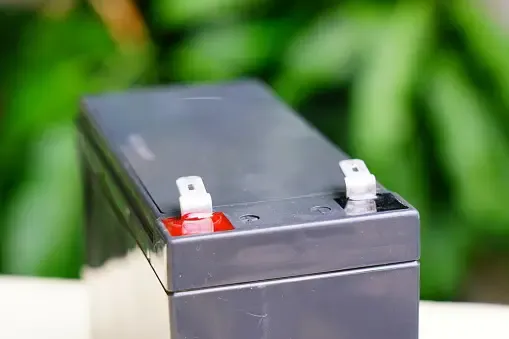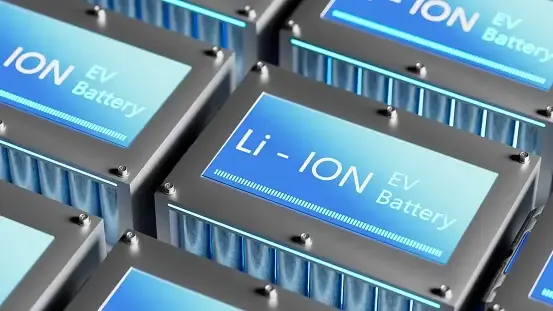
Get a Quote
Replacing Lead Acid Batteries with Lithium Ion
In today's world, where sustainability and efficiency are paramount, even the smallest changes can make a big difference. One such change lies in the heart of our electronic devices – the battery. We've all heard about lithium-ion batteries, but do we truly understand their potential? Let's delve deeper into the advantages of replacing lead-acid batteries with lithium-ion alternatives.
Understanding Lead Acid Batteries
Before we explore the merits of lithium-ion batteries, let's grasp the basics of lead-acid batteries. These traditional powerhouses have been serving us faithfully for decades, commonly found in vehicles, emergency backup systems, and renewable energy storage setups. While reliable, lead-acid batteries come with their fair share of limitations.
Heavyweight Champions
Lead-acid batteries are notorious for their weight. Their bulky design makes them cumbersome and limits their application in portable devices.
Shorter Lifespan
Despite their durability, lead-acid batteries have a limited lifespan. The frequent need for replacements incurs additional costs and hassle.
Slow Charging
Charging lead-acid batteries can feel like watching paint dry. Their slow charging speed hinders productivity and convenience.
The Rise of Lithium-Ion Batteries
Enter lithium-ion batteries, the lightweight, long-lasting champions of modern energy storage. These powerhouses have revolutionized the way we power our devices, offering a plethora of benefits over their lead-acid counterparts.
Featherweight Performers
Lithium-ion batteries are significantly lighter than lead-acid batteries, making them ideal for portable devices and electric vehicles. Their compact size opens doors to innovative designs and streamlined products.
Extended Lifespan
Say goodbye to frequent replacements. Lithium-ion batteries boast a longer lifespan, reducing maintenance costs and environmental impact.
Rapid Recharge
Need a quick boost? Lithium-ion batteries shine in the charging department, offering faster recharge times compared to lead-acid batteries. Say hello to increased productivity and reduced downtime.
Should You Consider Upgrading Your Lead Acid Battery to a New Lithium Option?
If you're driving a new car equipped with a lithium battery or if your older vehicle still relies on a lead acid battery, it might be worthwhile to contemplate swapping out the lead-acid battery for a lithium alternative. While it's true that lithium batteries come with a higher price tag compared to lead-acid ones, they offer several advantages. They boast greater power and faster charging capabilities, which translates to quicker starts and improved driving efficiency for your vehicle. Moreover, newer lithium car batteries often have longer lifespans than their lead-acid counterparts. However, before making the switch in an older vehicle, it's crucial to verify compatibility with both the car manufacturer and the battery supplier to ensure your vehicle's charging system can support a lithium battery. Conversely, if your vehicle already has a lithium battery, replacement options may be limited to similar models. For owners of vehicles equipped with lead-acid batteries who intend to keep their vehicles for an extended period, upgrading to a new lithium battery might be a sensible consideration.
The Environmental Edge
Beyond performance benefits, the environmental advantages of lithium-ion batteries cannot be overstated. Unlike lead-acid batteries, which contain toxic materials harmful to the environment, lithium-ion batteries are more eco-friendly. With proper disposal and recycling initiatives, lithium-ion batteries pose minimal risk to the planet, aligning with our collective goal of sustainability.
Conclusion
In the quest for cleaner, more efficient energy solutions, the shift from lead-acid to lithium-ion batteries marks a significant milestone. By embracing lithium-ion technology, we not only enhance performance and convenience but also contribute to a greener, more sustainable future. Let's power ahead with innovation and make the switch today.


